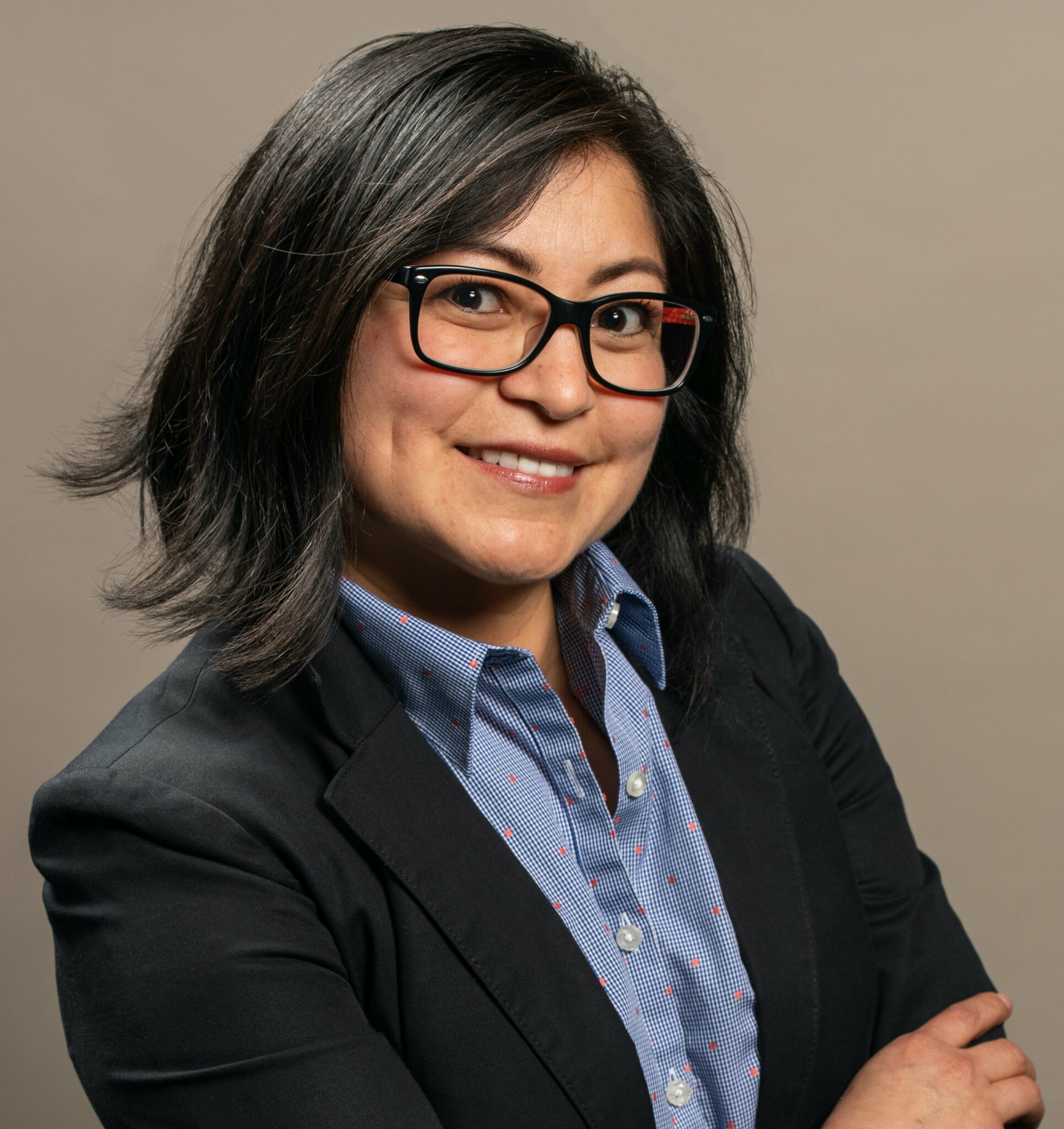We caught up with the brilliant and insightful Rosario Chacon a few weeks ago and have shared our conversation below.
Rosario, thanks for taking the time to share your stories with us today What do you think Corporate America gets wrong in your industry? Any stories or anecdotes that illustrate why this matters?
What Does Corporate America Gets Wrong In My Industry
My industry is still evolving into what it could be. Yet, Corporate America is slower into this change. Sometimes, I wonder whether it would catch up.
My first jobs in finance were in two large corporations, one in banking and another a large brokerage. Success in Corporate America is measured by sales: how many and what products I sell, the money I bring to the firm, and how many (highly) profitable clients I manage. My manager in the bank loved reminding me that I didn’t get paid for being nice, but for production. Commissions, bonuses, and VP titles clearly prove that what matters in Corporate America is sales, not serving.
1. Corporate America’s definition of success is product sales. They operate on a sales-driven model. Both in the bank and the brokerage, I had to obtain my insurance license, plus I had to push mortgage products. At the brokerage, we had free lunch several days a week, offered by vendors promoting their products. Become an evangelist of their products, and you may get sponsored for special dinners, clubs, getaways, and events. I was not once asked how their product improved my clients’ lives.
2. Corporate America is obsessed about Assets Under Management. For corporate firms, a clients’ worth is often measured by their investable assets. If a prospect does not meet the minimums, they become ignored. Or, they may have enough to make it to the last tier, which is not paid much attention to.
3. It is very common to overemphasize short-term returns over the long-term well-being of clients. There are “marks” other than market performance for clients’ success. It was in the CFP® program that I learned about behavioral finance and investors’ values. It was in the RIA field that I implemented conversations about a client’s values, purpose, and lifetime vision.
4. Corporate America often ignores the cultural nuances of each individual and family. Our upbringing and experiences teach us to view money, wealth, and success differently. For instance, having children or homeownership may not be a priority for a couple. Or perhaps they are committed to philanthropy rather than generational wealth. We won’t know their ultimate goals if we are biased on investors only wanting to see market (out) performance.
5. Corporate America is missing representation of disadvantaged groups. In the corporate world, you eat what you kill, and only the best hunters survive. However, a financial adviser needs mentors and existing wealth networks to be an outstanding hunter. Many minority financial advisers don’t come from generational wealth, which means they often lack the built-in connections that their counterparts have to wealthy clients. Plus, the lack of mentors makes it harder to meet the sales targets that corporate firms require. This perpetuates the lack of representation that investors crave to gain trust in the (often) unknown system. Minorities end up placing their monies in products with little gain that pays ordinary income or in products that dishonest salespeople convince them to be right for them. This only increases the wealth gap.

Rosario, love having you share your insights with us. Before we ask you more questions, maybe you can take a moment to introduce yourself to our readers who might have missed our earlier conversations?
My journey in finance started in banking, but when I discovered that financial advisers don’t necessarily sit in front of market graphs all day but help their clients reach their goals, I knew that it was the path for me.
My first investment-related job was in a large, well-known brokerage. I am so grateful for everything I learned there, but I wanted to do more than push products to my clients. It was clear that this path was not going to work for me. I became a Certified Financial Planner® while working for a small boutique RIA. Working there gave me the opportunity to learn more about the needs of our clients and invest accordingly, and it opened my interest in behavioral finance.
I continued my education while working for a wonderful non-profit as a financial coach. My experience there provided much growth in my heart, skills, and mission. I knew that I could make a more significant impact by following my path in financial planning. I wanted to serve first-generation professional individuals, the often-overlooked families who may have grown up with mistrust in the financial system.
Today, I serve a diversity of clients, most of them first-generation professionals, especially in the healthcare field. I call myself a Financial Life Planner because with my education and experience, I can help them with their student loans, financial planning, and taxes.
We’d love to hear a story of resilience from your journey.
Being a first-generation professional and entrepreneur requires resilience.
It took me more than ten years after graduating with an MBA to discover the financial planning field. It is not strange for first-generation college graduates to make several misjudgements about a career. However, there’s growth in every experience.
When I decided to pursue the financial advising path (I did not yet know that there was a financial planning profession), I had to invest in myself again. Following this path took time, energy, and money, especially when you start trying to navigate alone in a brokerage. After working in a large firm and a small boutique, I knew that to serve a different demographic, I needed to do it myself, become an entrepreneur.
Working long hours for a non-profit while pursuing professional designations and building a business was not easy, but the moral support I received from friends and colleagues helped build the foundation of my fee-only RIA that I continue building every day.

Can you talk to us about how you funded your business?
Building a financial planning business is not cheap, starting with the licenses, designations, and software needed to run the advisory.
I had six months savings, which could be much or little, depending on who you ask. As a planner, maybe I was supposed to have more than that. However, I also worked in a non-profit to avoid conflict of interest. Thanks to that job, I was able to survive during the epidemic and then leave the job as I was able to sustain myself through my financial planning work.
Being on your own in business requires sacrifice. I had to change my mindset about what was necessary and how often I could eat out. I also had to pass on several social events. But in the end it is worth it. There will be a time where I can work 40 hours a week and have a decent income while improving other people’s lives.
Contact Info:
- Website: https://www.wealth-sourcefinancial.com/
- Linkedin: https://www.linkedin.com/in/rosariochacon/


